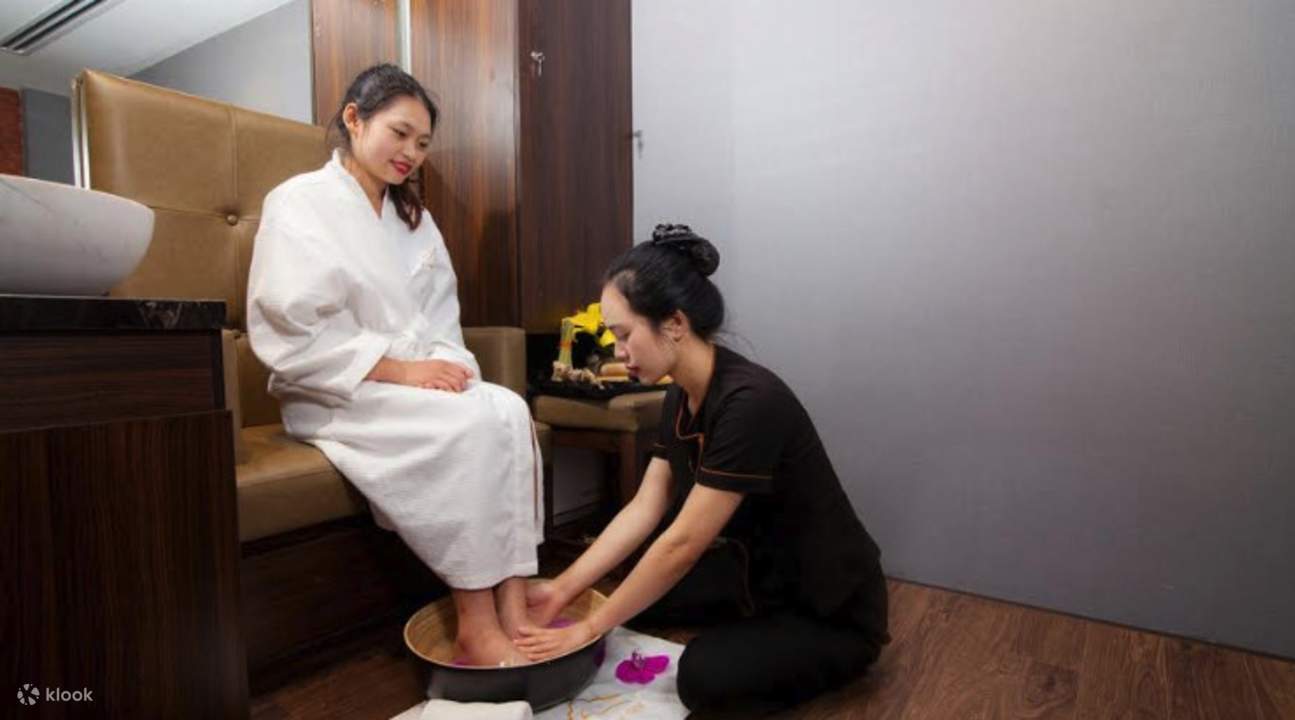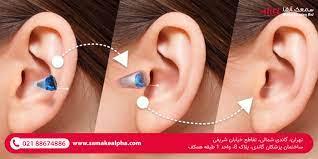In our fast-paced world, the ancient practice of 다낭 밤문화 stands out as a timeless remedy for modern stress and discomfort. Beyond its well-known benefits of relaxation and pain relief, massage therapy is a gateway to a holistic approach to wellness, addressing not just the physical body but also mental and emotional well-being.
The Art and Science of Touch
Massage is more than a series of techniques; it’s an art form rooted in tradition and supported by modern science. Ancient cultures, from the Egyptians and Greeks to the Chinese and Indians, have long understood the power of touch. These historical practices laid the groundwork for what we now recognize as therapeutic massage.
Modern massage therapy incorporates a range of techniques, each designed to target specific needs. From Swedish massage, known for its gentle strokes and relaxation benefits, to deep tissue massage that focuses on the deeper layers of muscle and connective tissue, the variety of approaches allows for tailored treatments. Techniques like shiatsu, which uses finger pressure along energy meridians, and Thai massage, characterized by its stretching and joint manipulation, showcase the diverse methods available.
The Physical Benefits: Beyond Muscle Relief
Massage therapy’s benefits extend far beyond mere muscle relaxation. For many, it offers profound relief from chronic pain conditions such as arthritis and fibromyalgia. By improving blood circulation and lymphatic drainage, massage helps reduce inflammation and promotes healing. It can also enhance flexibility, alleviate tension headaches, and improve posture.
Moreover, regular massage can support the immune system by increasing the production of white blood cells and reducing cortisol levels, the body’s stress hormone. This can result in fewer illnesses and a quicker recovery from common colds and other ailments.
The Mental and Emotional Impact
The benefits of massage are not limited to the physical body. The practice is a powerful tool for mental and emotional health. Stress relief is one of the most celebrated outcomes of massage therapy. By lowering cortisol levels and stimulating the release of endorphins, massage can help alleviate symptoms of anxiety and depression.
Massage also promotes better sleep by calming the nervous system and improving relaxation. Many people report that regular sessions lead to improved mood and overall mental clarity. The mindfulness and relaxation achieved through massage can foster a deeper sense of well-being, making it an effective complement to other forms of mental health care.
Integrating Massage into Daily Life
Incorporating massage into your life doesn’t necessarily require frequent visits to a therapist. Many people find that learning basic techniques or using self-massage tools can provide significant benefits. Techniques such as foam rolling or using massage balls can target sore areas and relieve muscle tightness. Additionally, taking a few minutes each day to practice simple hand or foot massages can help maintain balance and reduce stress.
For those interested in a more comprehensive approach, finding a skilled massage therapist who can tailor treatments to your specific needs can be highly beneficial. Whether it’s for chronic pain, stress management, or simply enhancing your overall well-being, professional massage therapy can be a valuable addition to your health regimen.
Conclusion
Massage therapy, with its blend of ancient wisdom and modern science, offers a multifaceted approach to health and wellness. By addressing the physical, mental, and emotional aspects of well-being, it provides a holistic path to a healthier, more balanced life. Whether through professional sessions or at-home techniques, integrating massage into your routine can unlock a deeper sense of relaxation, healing, and overall vitality.



